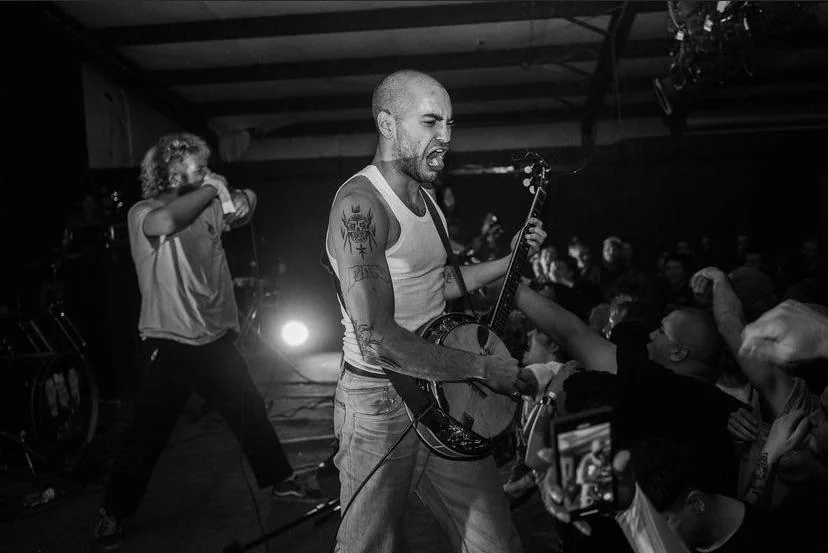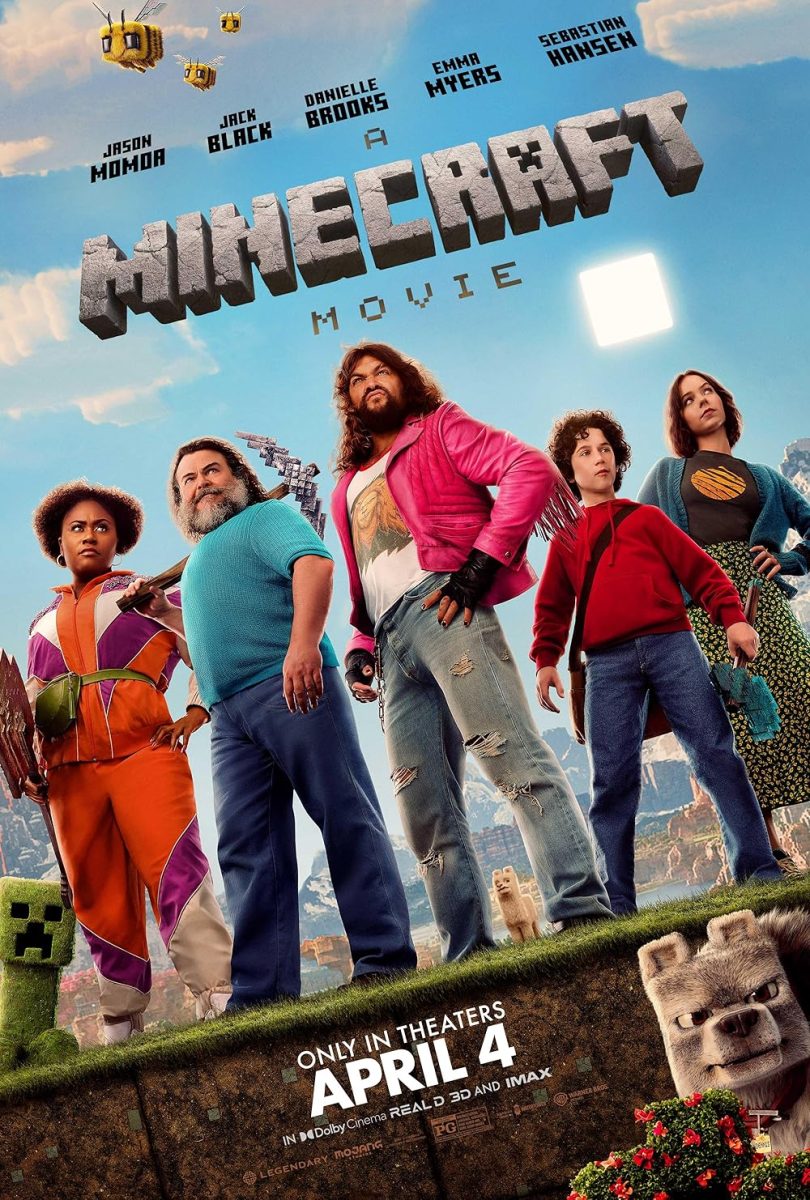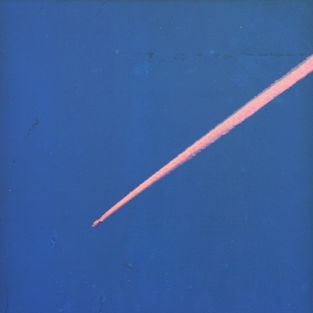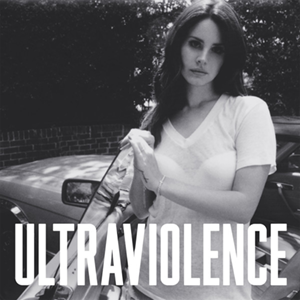Punk is a genre built on the political angst of 70’s America, England, and Australia. A lot has changed in the world in the 50 years that have passed since punk’s inception but how has punk changed? My parents raised me on music like No Doubt’s rhythmic ska punk, The Police’s experimental post-punk, and the expressive punk rap of The Beastie Boys. I later rediscovered my love for punk during my sophomore year of high school, through post-hardcore bands like Fugazi and Show Me the Body. I had been teaching myself bass since my freshman year, and found the loud, fast-paced nature of punk to be very fun to play. I also feel a lot of the political angst that has been a major part of punk since its beginning.
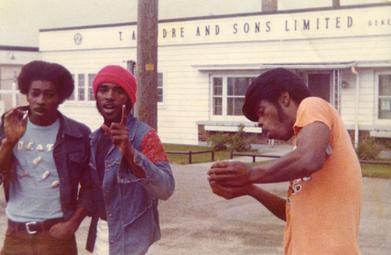
Back in the 1960’s, many young artists were getting tired of the elaborate, overproduced, corporate music of the 60’s hippie movement. Garage rock and proto punk existed as a stripped-down version of rock that used a do-it-yourself attitude that would later be emphasized by punk. In the 1970s, some of these bands started leaning toward a quicker and more aggressive style in the music. Eventually, critics started to label these loud confrontational artists as punks, and punk rock was born. The genre and movement of punk revolutionized the music industry by making independent production possible again, up until the 80’s where Micheal Goldberg of The Rolling Stones describes how, “Punk rockers have moved on.”
A lot of artists in punk used their music to touch on political issues. The music genre was born amidst the Vietnam war in middle class communities that opposed the government. They often embraced a complete tearing down and rebuilding of the government, or anti-establishmentarianism, as opposed to the, “peace and love” solution pushed by hippies at the time. They also emphasized anti-corporation ideologies and individual liberty. In a broader sense, the punk community desired nonconformity, to be outside of a box or label and do what they want. Over the years, the subculture of punk started to form its own subgroups. There was the straight edge movement that rejected all drugs and alcohol, the skinheads that united under working-class solidarity, anarchists and many more subgroups. Unfortunately, white supremacy groups also formed in the punk diaspora, but were widely hated by most punks.
In 1991, Nirvana released “Nevermind,” which blew up the music scene when it sold over 4 million copies in it’s first year. All of a sudden producers had their fangs sunk back into punk. This brought punk back int the mainstream after a decade in the shadows. Today, the punk genre hasn’t changed, but has rather broadened through derivatives and fusions like a very recently formed genre, punk rap. Today rap and hip hop are some of the most popular genres. A consequence for any form of art is that it has become commercialized in a way that mirrored rock, and it provides reason for the creation of punk. The punk rap genre is being spearheaded by great artists like Death Grips, Ho99o9, and Show Me the body. Meanwhile punk acts like Amyl and The Sniffers, The Viagra Boys, and The Chats follow closer to the stylings of punk’s original sound. Punk’s political ideologies have remained generally the same, though besides adjusting to address modern issues like growing cynicism thanks to the internet, as well as old problems that weren’t as addressed in as heavily in the 70’s punk community like racial unrest. Also, the genre of Riot Grrrl, with bands like Le Tigre began in the 1990’s, addressing problems of misogyny somewhat ignored in the punk community before the genre.
Going back through the history of punk, I notice only one thing has changed significantly: the slow commercialization of the genre. As the genre crawled deeper into the mainstream, it acquired greedy businesspeople ready to dilute the genre just like any other popular art. The community can seem somewhat unwelcoming from an outsider’s perspective. Many people consider them “gatekeepers,” but all punk wants is artists that have, “done it themselves,” rather than corporate inserts to the genre. Artists have watched again and again as businesspeople tear apart the industry. Corporation’s don’t care about what artist have to say, they only care about the money, and punks are one of the few groups that fight against it.

